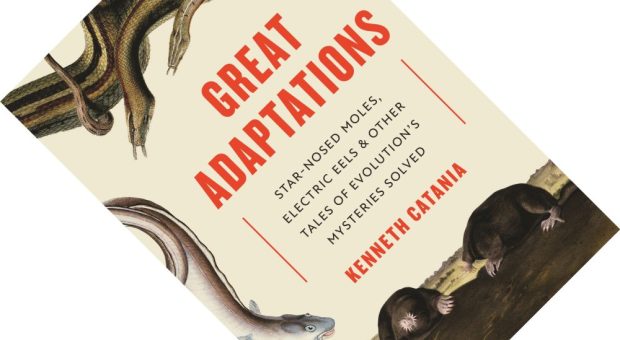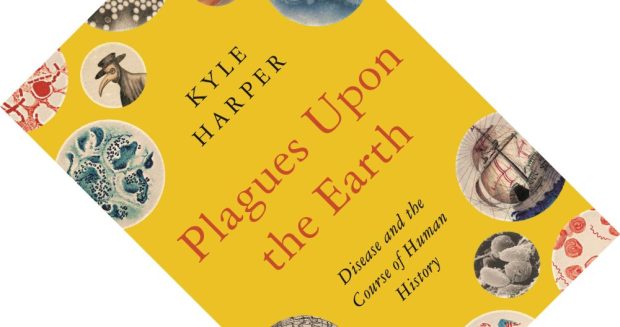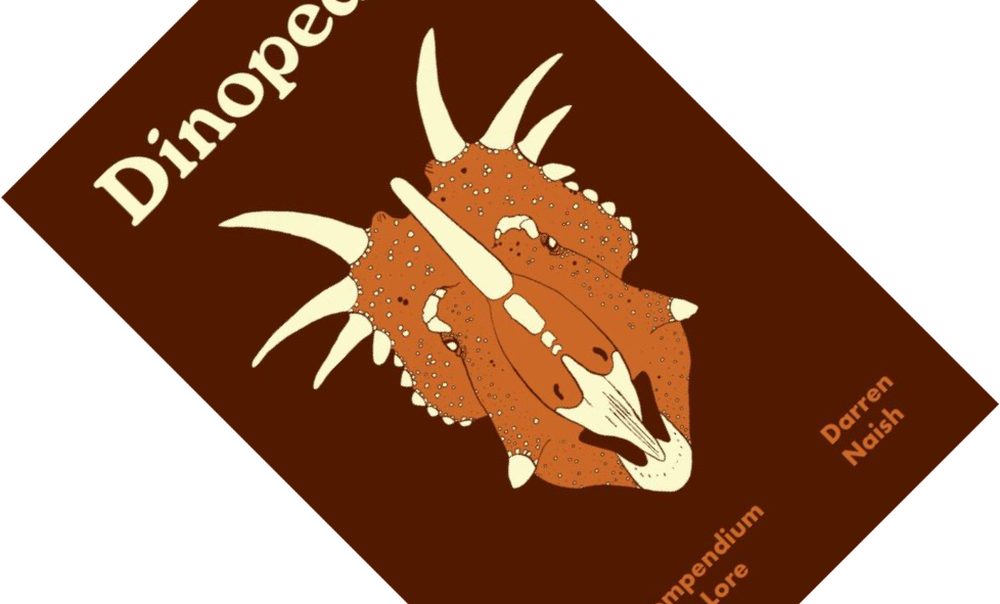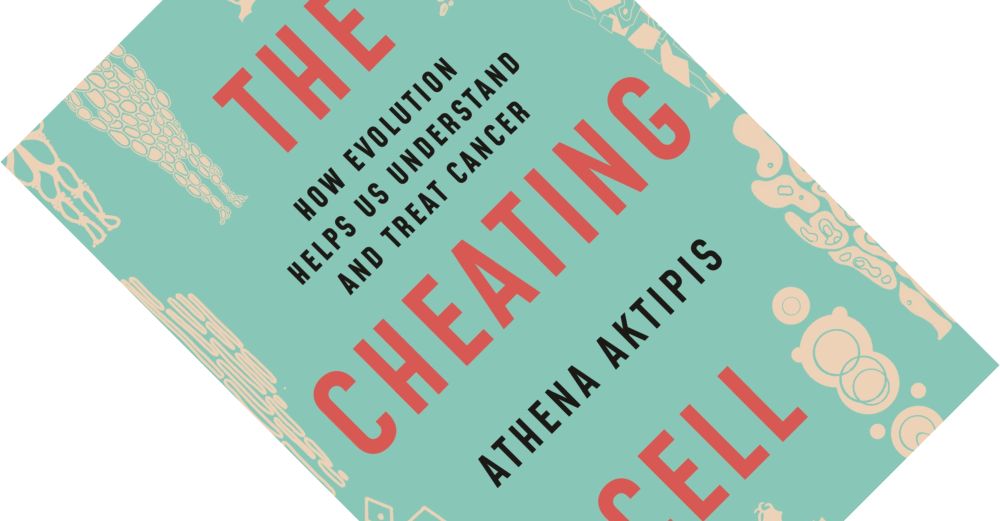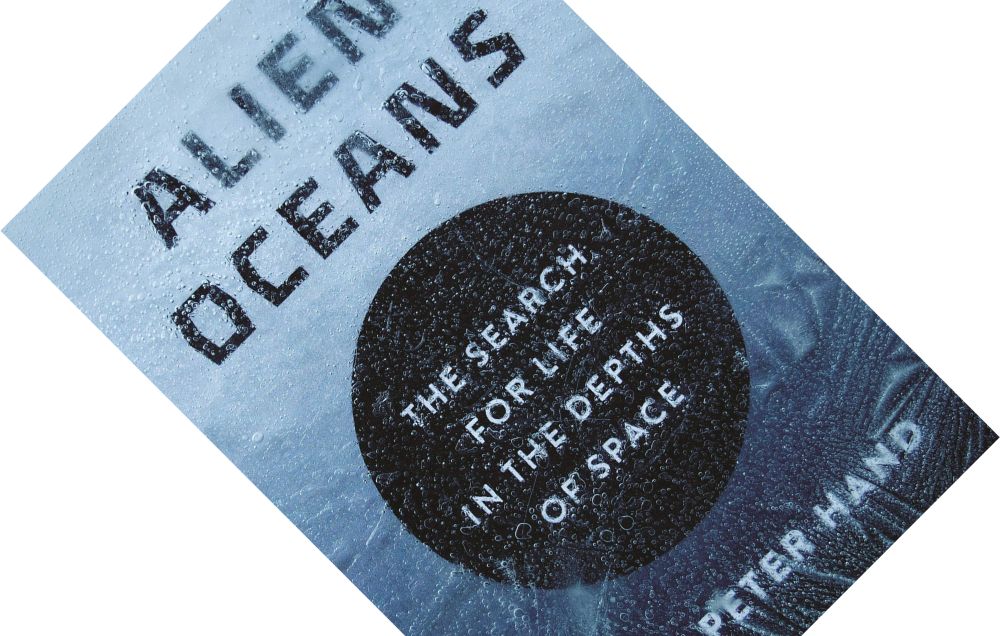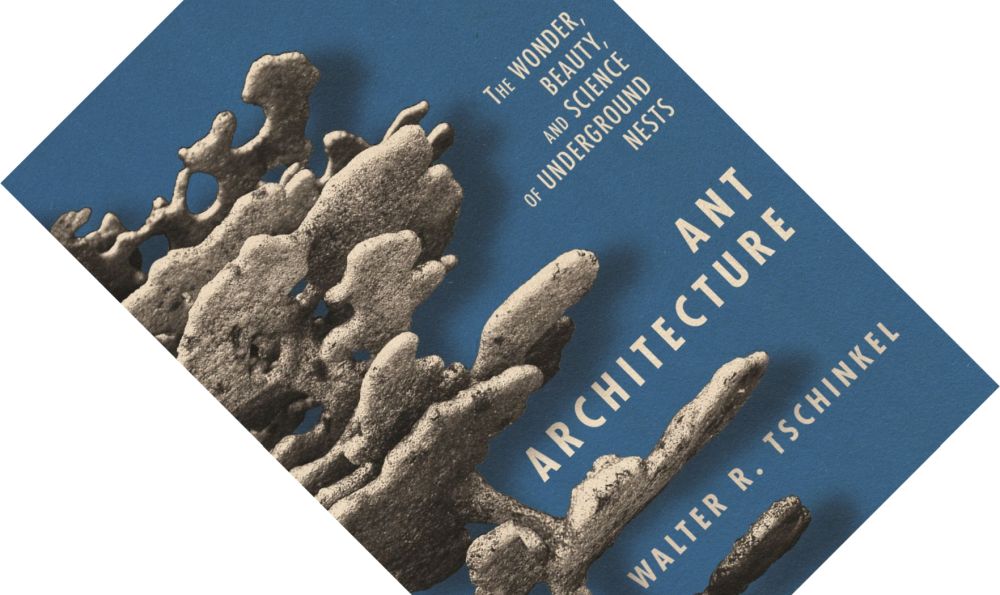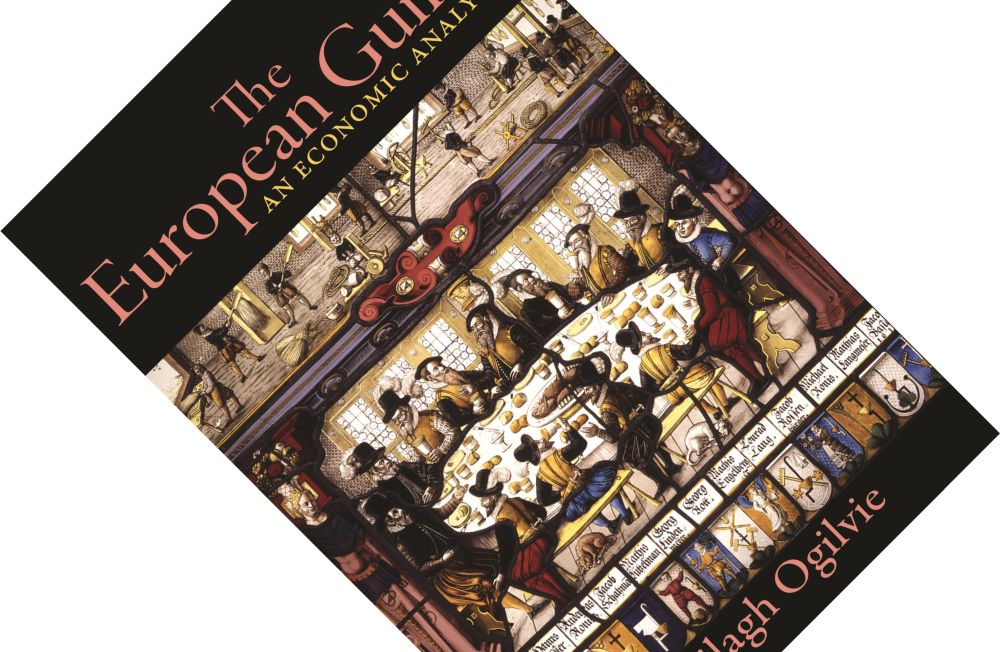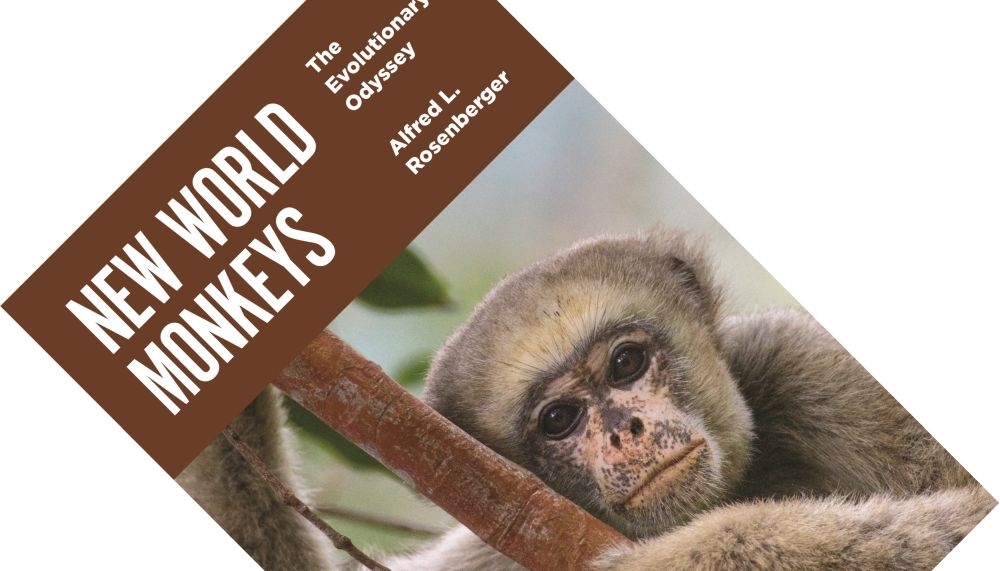7-minute read
keywords: evolutionary biology, zoology
One has to wonder whether the horror writer H.P. Lovecraft had the star-nosed mole in mind when he created the Cthulhu Mythos. Fortunately for us mortals, this little mammal is harmless—though it is not without some extraordinary powers of its own. I first came across the work of biologist Kenneth Catania in the recently reviewed Sentient and had to dig deeper. Great Adaptations is a personal and entertaining account of his almost-five decades career investigating the biological mysteries of the star-nosed mole and other creatures.

